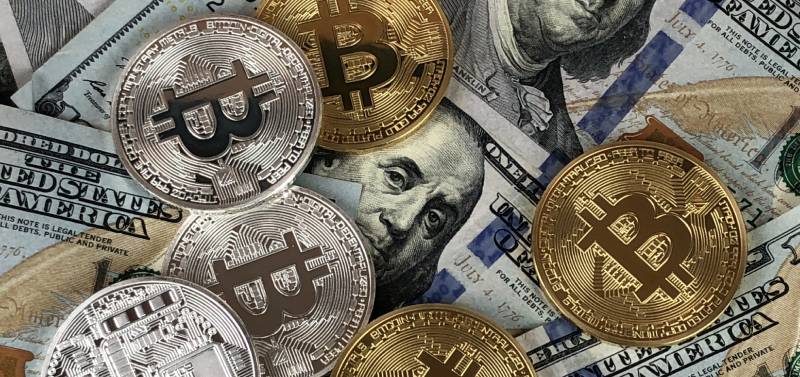The price of 1 Bitcoin

Satoshi Nakamoto created Bitcoin, a digital currency, in 2009. Bitcoin transactions are stored on a blockchain, which reveals every unit’s account information which is used to prove ownership. Bitcoins, unlike conventional banking, are neither generated by a banking system or guaranteed by governments. Moreover, purchasing bitcoin differs from acquiring a share or bond since cryptocurrency is not a business. As a result, there have been no company financial statements or Form 10-Ks to scrutinize it.
Since bitcoin is neither issued by a federal reserve nor supported by a government, the fiscal policy, interest rates, and economic expansion indicators that traditionally determine exchange rate may not pertain to bitcoin.
Bitcoin prices, on the other hand, are impacted by the different indicators:
- Supply and Demand of Bitcoins: The availability of bitcoin is influenced in two different ways. To begin, the bitcoin network allows for the creation of new coins at a set pace. When mining companies analyze transactions on the blockchain, new tokens are launched in the market, and the rates at which fresh currencies are released are supposed to diminish with time. Secondly, the number of bitcoins that the system would allow to circulate may influence supplies. This amount is restricted at 21 million, and once achieved, mining efforts will cease to create additional cryptocurrencies. Competition for bitcoin grows as it approaches its upper limit. The growing demand and short supply raise the price of bitcoin. Furthermore, many organizations are engaging in bitcoin and recognizing it as a transaction, enhancing its usefulness and rendering it a favored means of payment among customers.
- Competition: Though bitcoin is the most popular cryptocurrency, dozens of other coins compete for market leadership. While bitcoin remains the total assets leader, cryptocurrencies like Binance Coin (BNB), Ethereum (ETH), Polkadot (DOT), and Tether (USDT) are among its nearest pursuers as of March 2021.
- Production cost: Whilst bitcoins are digital, they are nevertheless manufactured items with actual manufacturing costs, with power usage being perhaps the most essential part. According to research, the market rate of bitcoin is directly tied to its marginal manufacturing cost.
- Currency Exchange Accessibility: Similarly to how stock investors trade equities through indices, cryptocurrency traders exchange virtual currencies via platforms such as Coinbase and others. These systems, like conventional trading platforms, allow traders to invest in bitcoin. The much more successful an exchange grows, the simpler it is to attract other players, resulting in market penetration. And, by using its dominant market position, it may be able to create rules regulating how other coins are introduced.
- Regulations and legality: Because of the fast increase in popularity of cryptocurrencies such as bitcoin, authorities are debating how to categorize such virtual currencies. Prices may be affected in two ways as a result of this. For starters, it gives bitcoin accessibility to buyers who cannot afford a genuine bitcoin, hence raising demand. Secondly, it can minimize price fluctuations by enabling financial firms who feel bitcoin derivatives are overpriced or undervalued to utilize their money and manpower to wager on bitcoin’s value moving in the other direction.
Bitcoin’s value swings due to a variety of factors such as news coverage, anticipation, and supply. As a result of the unfavorable coverage, some bitcoin holders fear and close their accounts, causing the price to fall. Good publicity is the inverse of negative press.

Conclusion
In addition, as the quantity of bitcoin offered for sale grows, so does the price. At present, the price of one Bitcoin is 36,808.30 United States Dollar Bitcoin’s price will rise as more businesses use it as an asset and means of trade. The bitcoin transactions allows users to experiment on the most unpredictable coins. Bitcoin Prime provides a plethora of options to assist you in managing the risk related to high clout. This allows for large earnings to be made with a minimal initial commitment.






